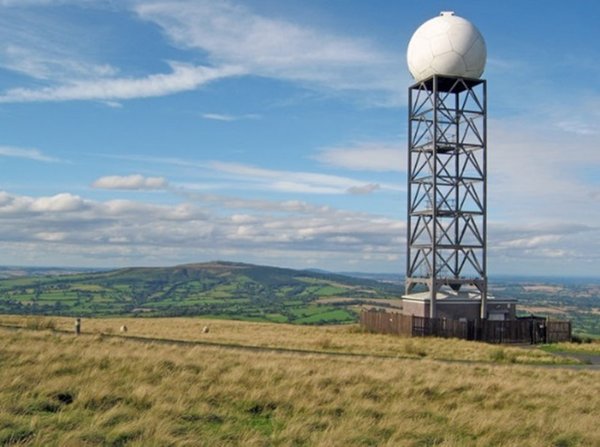ADS-B Interferometry – Progress since September 2019
The Harry Otten Prize money (see News article 10 September 2019) was used to fund a joint Met Office/University PhD position based at the University of Exeter. The overall aim of the PhD is to further development of the technique and assess the potential benefits of any future operational implementation. After some inevitable delays the post is now in the process of being advertised. In the meantime, a bid for further funding was made to the UK Natural Sciences Research Council to support the establishment of a prototype interferometer network, along with data analysis, data modelling and simulation work. The bid was ultimately unsuccessful, but most useful input and feedback was obtained along the way. These setbacks have slowed, but not halted, development work, and several groups of undergraduate students at Exeter University have been working on aspects of the technique as course project-work. Discussions have also taken place with the team at the Met Office working on the assimilation of data from the occultation of signals from GPS satellites – an established technique that is somewhat analogous to ADS-B interferometry and shows positive benefits on weather forecast accuracy. The recent work supports previous conclusions that the technique is probably technically feasible, but that inversion of the data to yield refractivity fields, or direct assimilation of the observational data into Numerical Weather Prediction Models is likely to be challenging. Nevertheless, the additional external reviews of the idea have been generally positive, and the Met Office has decided to press ahead with the installation of a prototype interferometer on a radar tower (see picture below). It is hoped that this installation will be in place so that data will be available for the PhD student to work with right from the start of their course in 2021.

The radar tower at Clee Hill in Shropshire, England. It is planned to install the first prototype interferometer on this tower over the winter 20/21.